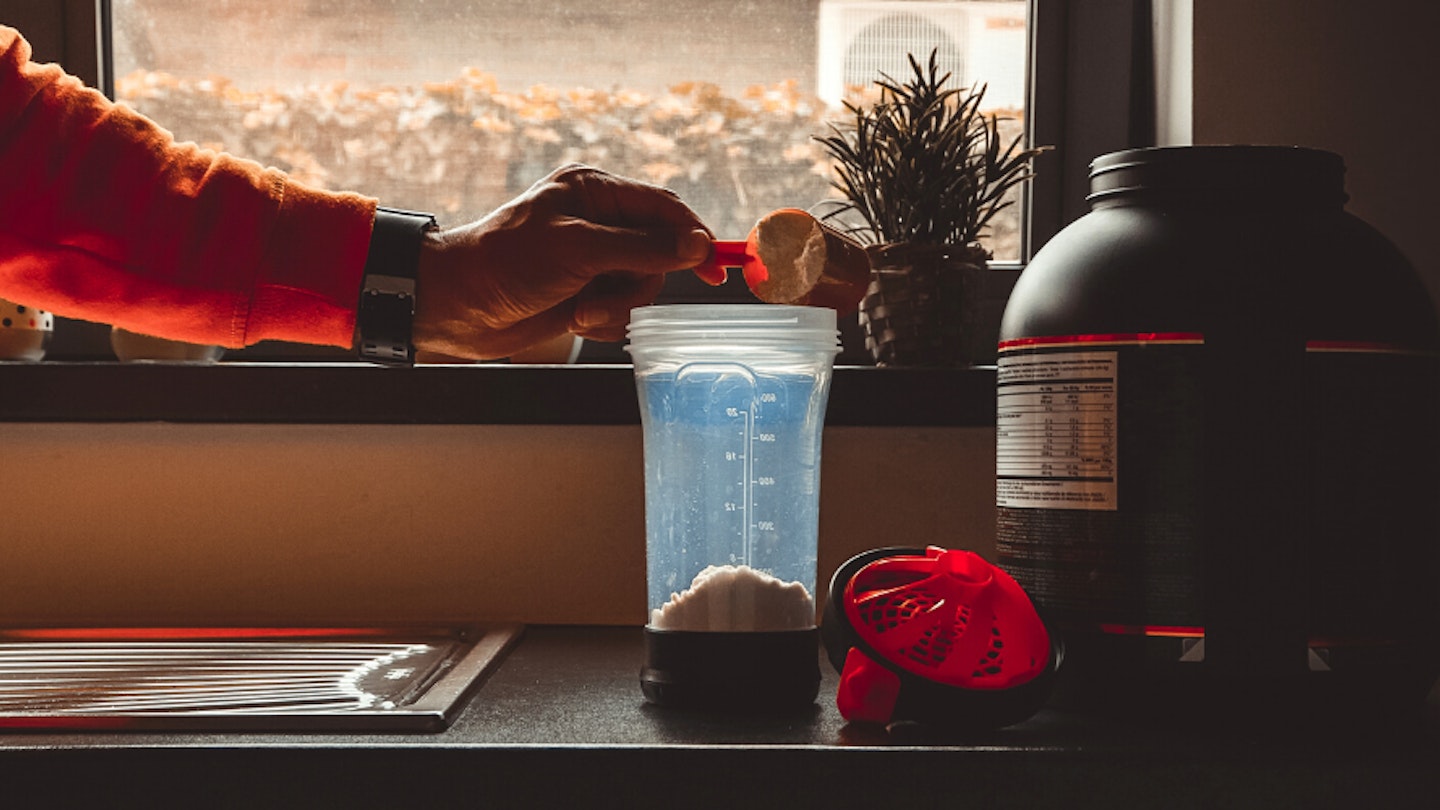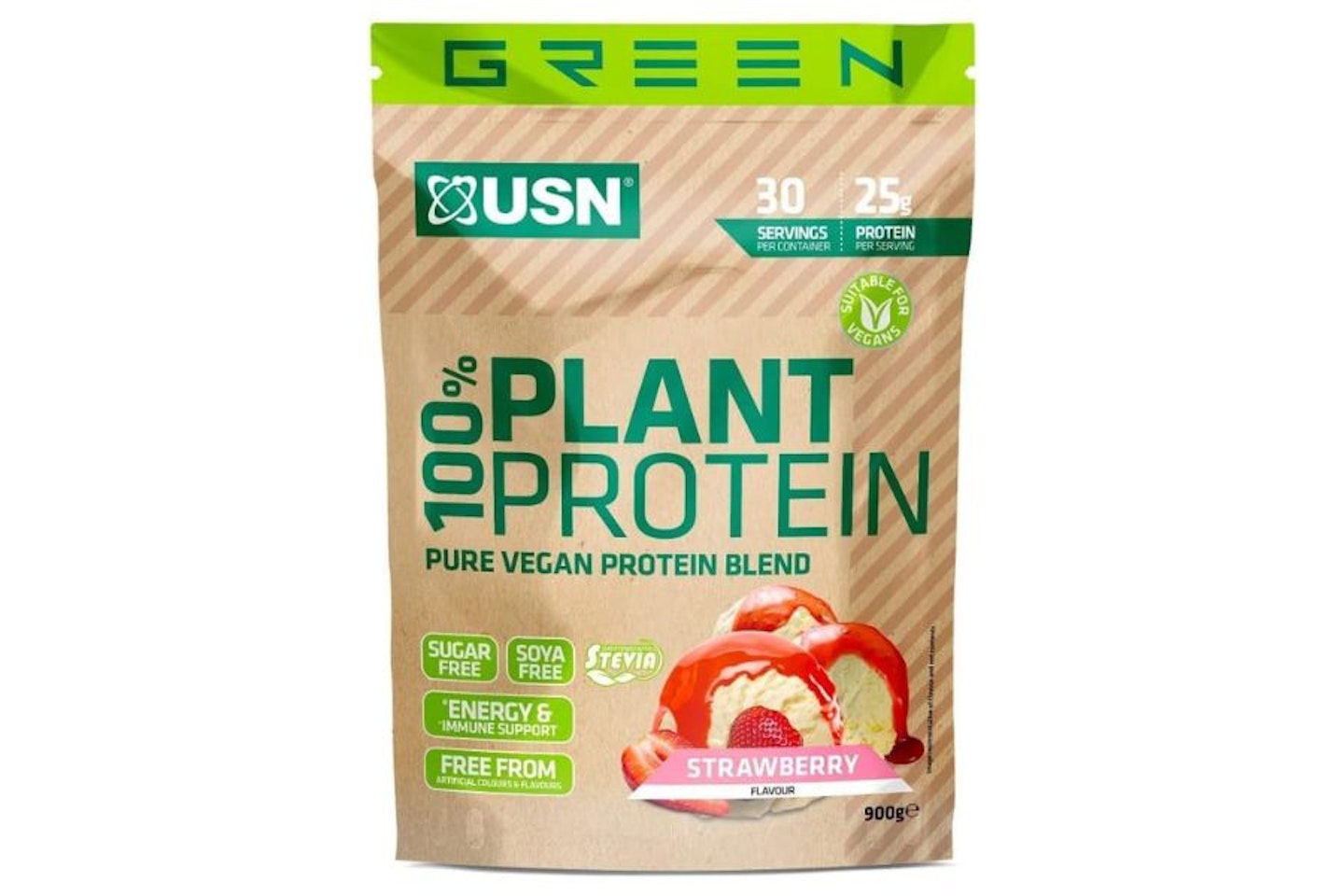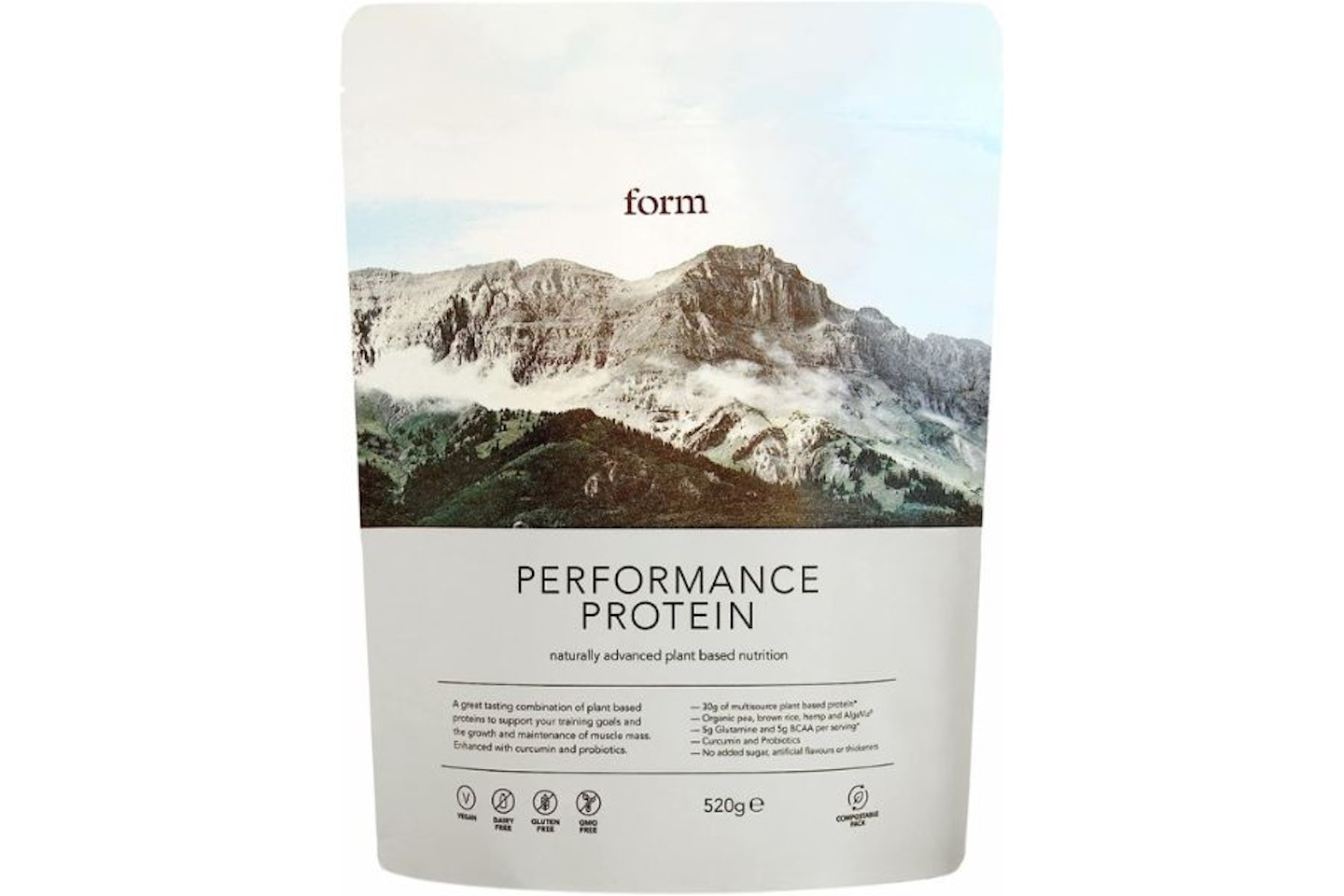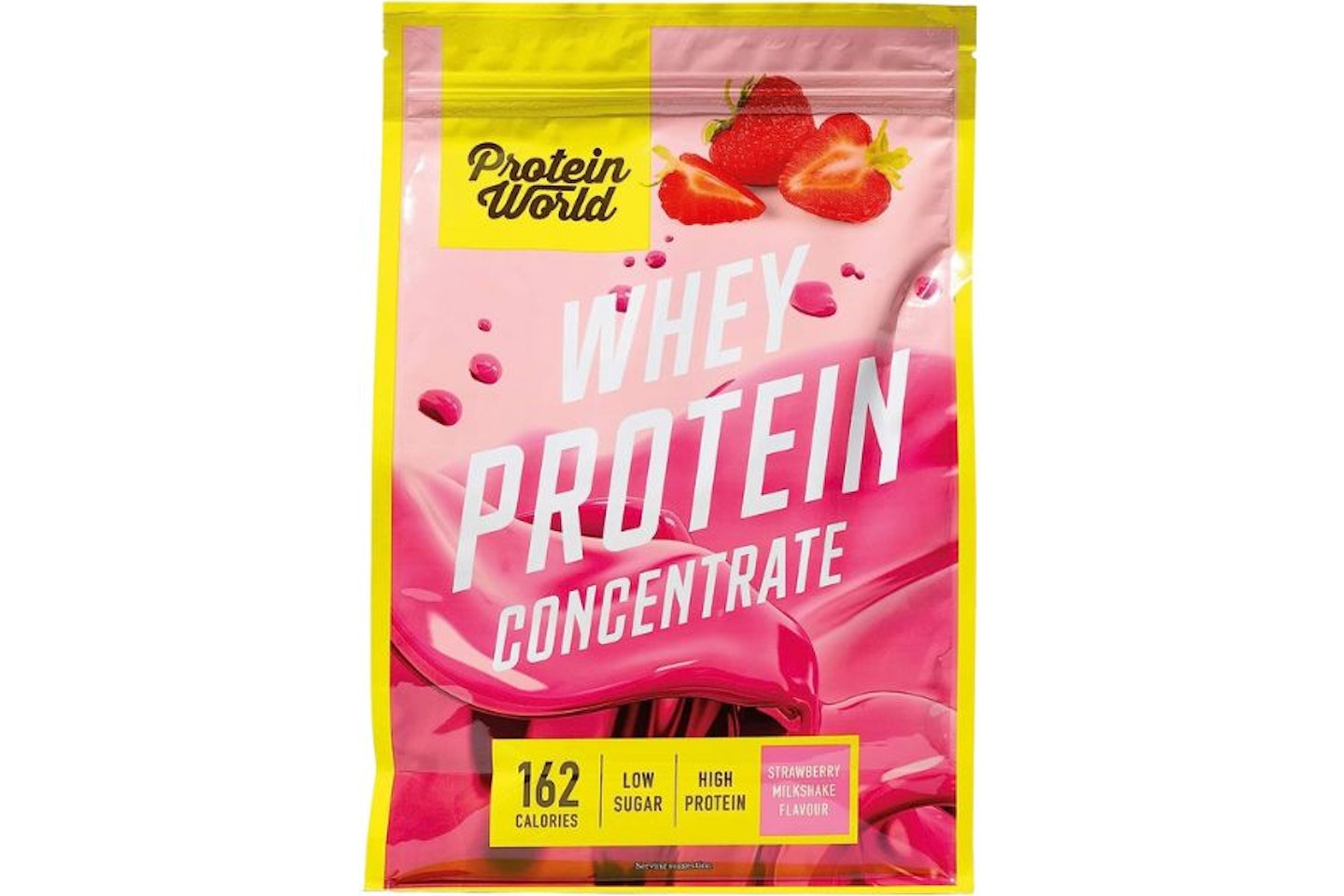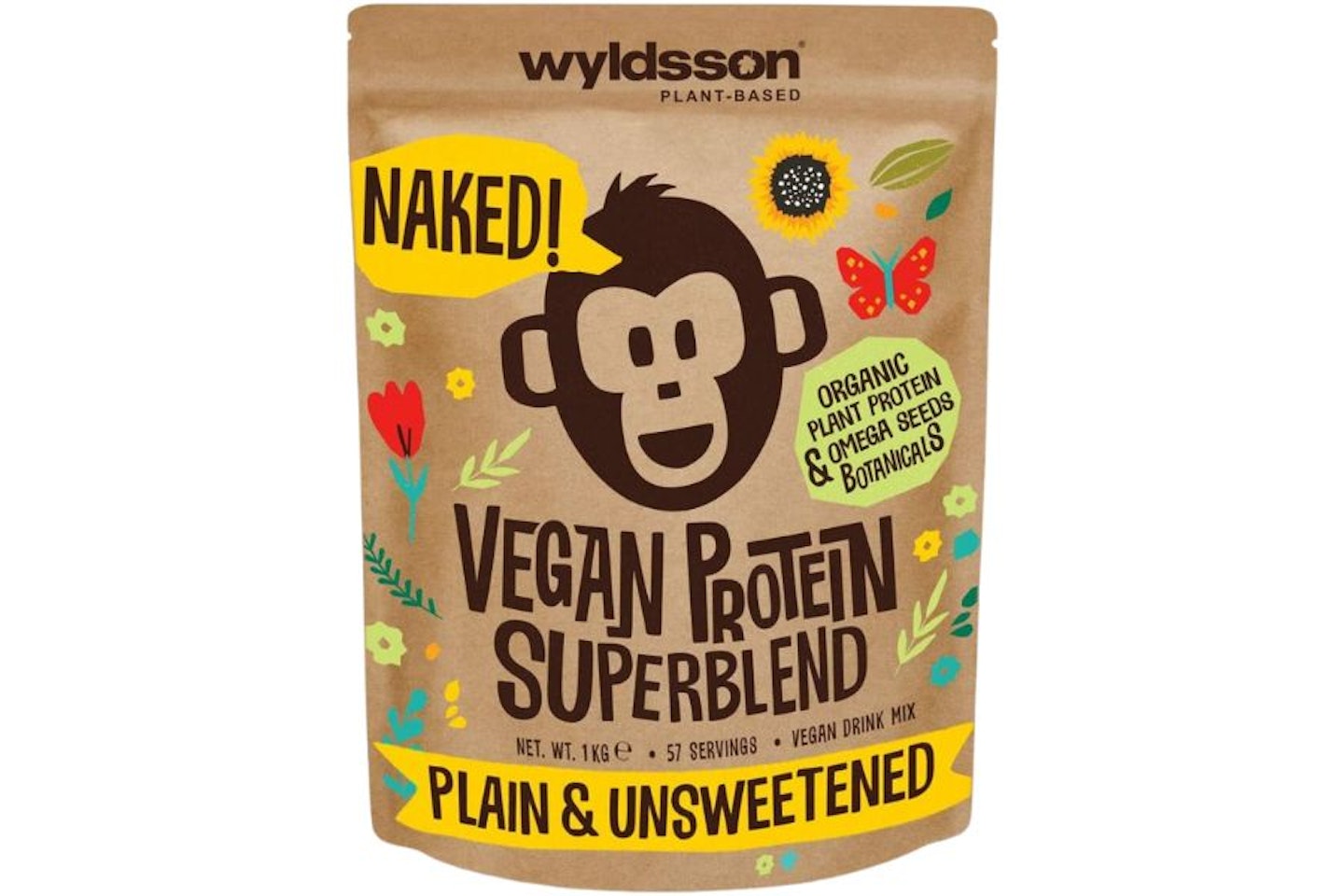When the conversation is about the best gym supplements, protein powders are never too far away. Although fitness has always been an important part of life for many people, the explosion of Instagram influencers has undoubtedly prompted a flurry of avid gym-goers who are rarely seen without the best protein powder or protein bar in hand. With an ever-expanding array of protein powders in the market, all promising muscle gains, post-workout recovery, and overall wellness, and some protein powders are vegan, so navigating this protein-packed landscape can be a tricky task.
If you're a seasoned fitness fanatic, a vegan warrior, or someone simply looking to bolster their daily nutrition, is the hype really worth it? And how do you know which protein powder to invest in?
The best protein powders at a glance:
• Best overall protein powder: My Protein Impact Whey Protein - View on Amazon.co.uk
• Best quality protein powder: Optimum Nutrition Gold Standard Whey Protein Powder - View on Hollandandbarrett.com
• Best vegan protein powder: USN 100% Plant-Based Protein Powder - View on Amazon.co.uk
To help you decide on what's right for you, we've listed some of the best proteins on the market, plus our protein FAQs guide below.
The best protein powders to buy right now:
Best overall protein powder
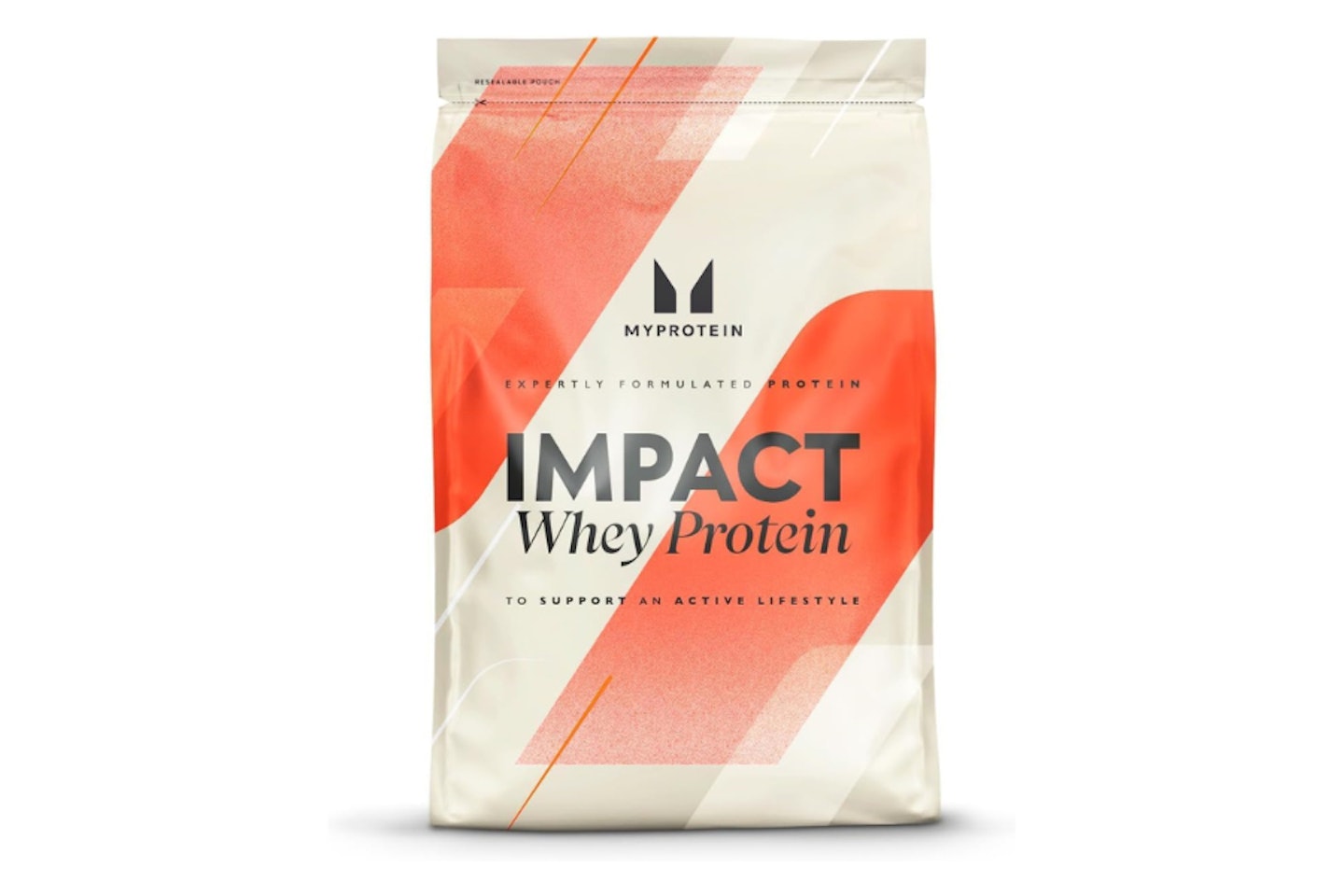
Description
My Protein's Whey Protein is a fan favourite for a reason. It's a versatile, no-nonsense powder that delivers the goods without emptying your purse. It boasts a premium blend of whey protein, which delivers amino acids to help with muscle growth and recovery. So, if you're looking to grow and maintain muscle mass, this low-fat, low-carb powder has 21g of protein per serving is the perfect choice. Its Whey protein also has an authentic flavour, and there's a huge variety of flavours to choose from, as well as an unflavoured option.
My Protein prioritises quality and affordability, making it a feasible option for fitness enthusiasts. So whether you're an athlete looking to increase performance or just trying to maintain a balanced diet, its Whey protein is a great choice which will consistently deliver on flavour, price and quality.
Pros
- 21g of protein per serving
- Contains the highest biological value of any protein
- Over fifty different flavour options to suit all tastes
Cons
- Some individuals found the flavours to be too sickly
Best quality protein powder
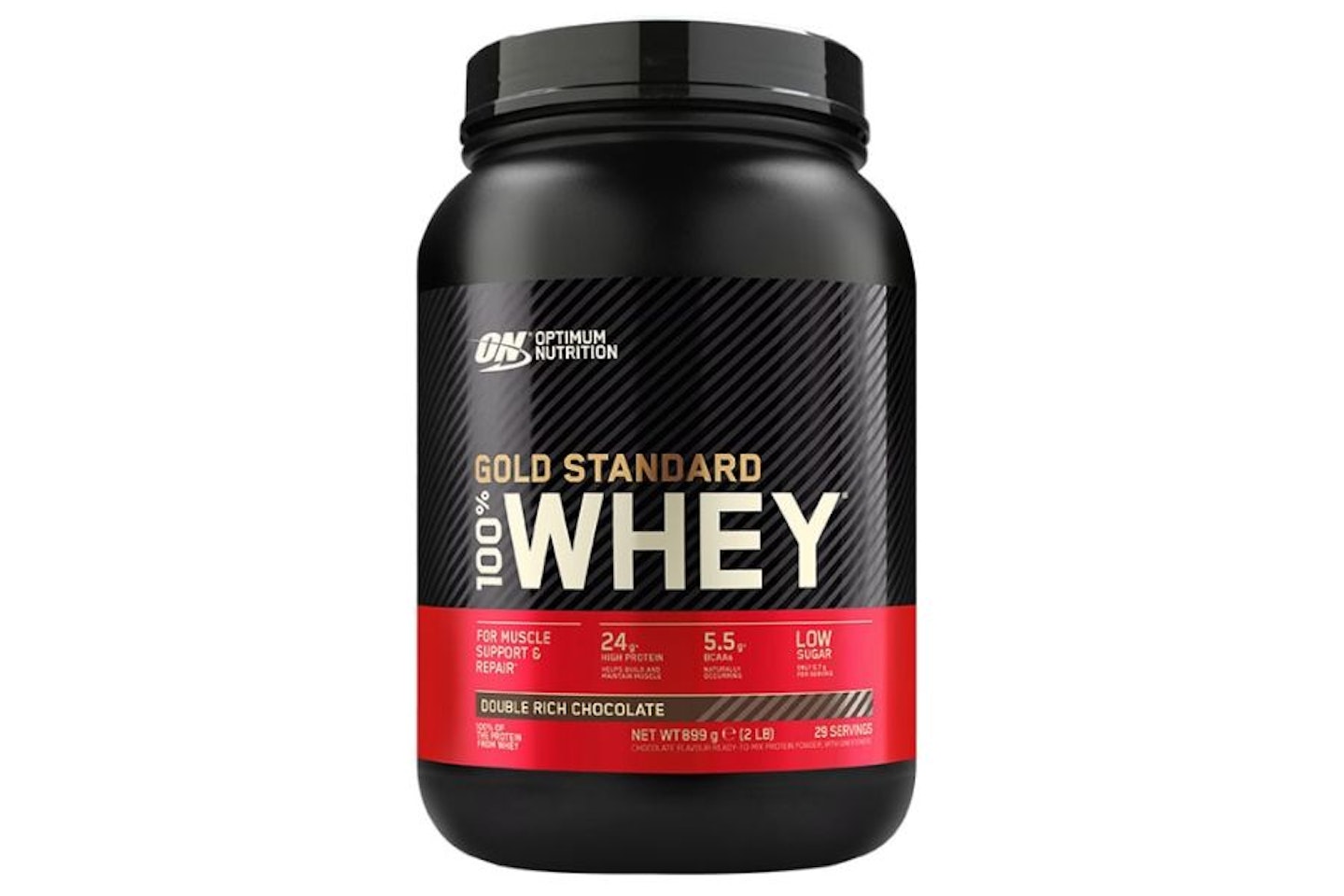
www.hollandandbarrett.com
Description
A fast-absorbing whey protein, this can help build muscle and aid with muscle recovery. It contains naturally occurring BCAAs and glutamine and is low in sugar and in fat. It's fair to say Optimum Nutrition's protein powder packs a powerful punch as it's rich in essential amino acids, making it an ideal option for individuals wanting to target muscle growth and recovery.
What truly sets its protein powder apart is its commitment to purity and quality. Trusted by athletes and fitness enthusiasts alike, Optimum Nutrition's protein powder remains the gold standard in supplementation, as it constantly delivers its promise of excellence. As an added bonus, there's a nice selection of flavours too, including rocky road and cinnamon bun.
Pros
- 24g of protein per serving
- Low sugar, only 0.7g per serving
- Fewer calories than other protein powders on the market
Cons
- Some individuals reported the protein to be lacking in flavour
Best vegan protein powder
Description
This sugar and soya-free vegan blend from USN gives you 25g of protein per serving (strawberry flavour) and is definitely one for those with a sweet tooth among you - it's delicious! Not only is the flavour really authentic (choose from chocolate, vanilla or strawberry), but it's easily mixed in a shaker, isn't heavy on the stomach and is free from artificial colours and flavours.
If all that wasn't enough, USN's plant-based powder is a game changer for individuals seeking a clean, vegan protein source. This remarkable protein is a testament to the growing trend of plant-based nutrition and is also a celebration of taste and quality for dedicated vegans or individuals simply on the hunt to diversify your protein intake.
Pros
- 25g of protein per serving in the strawberry flavour
- Suitable for vegans
- Mixes well with both milk and water
Cons
- Some found the taste too sweet for their liking
Best protein powder for unique flavours
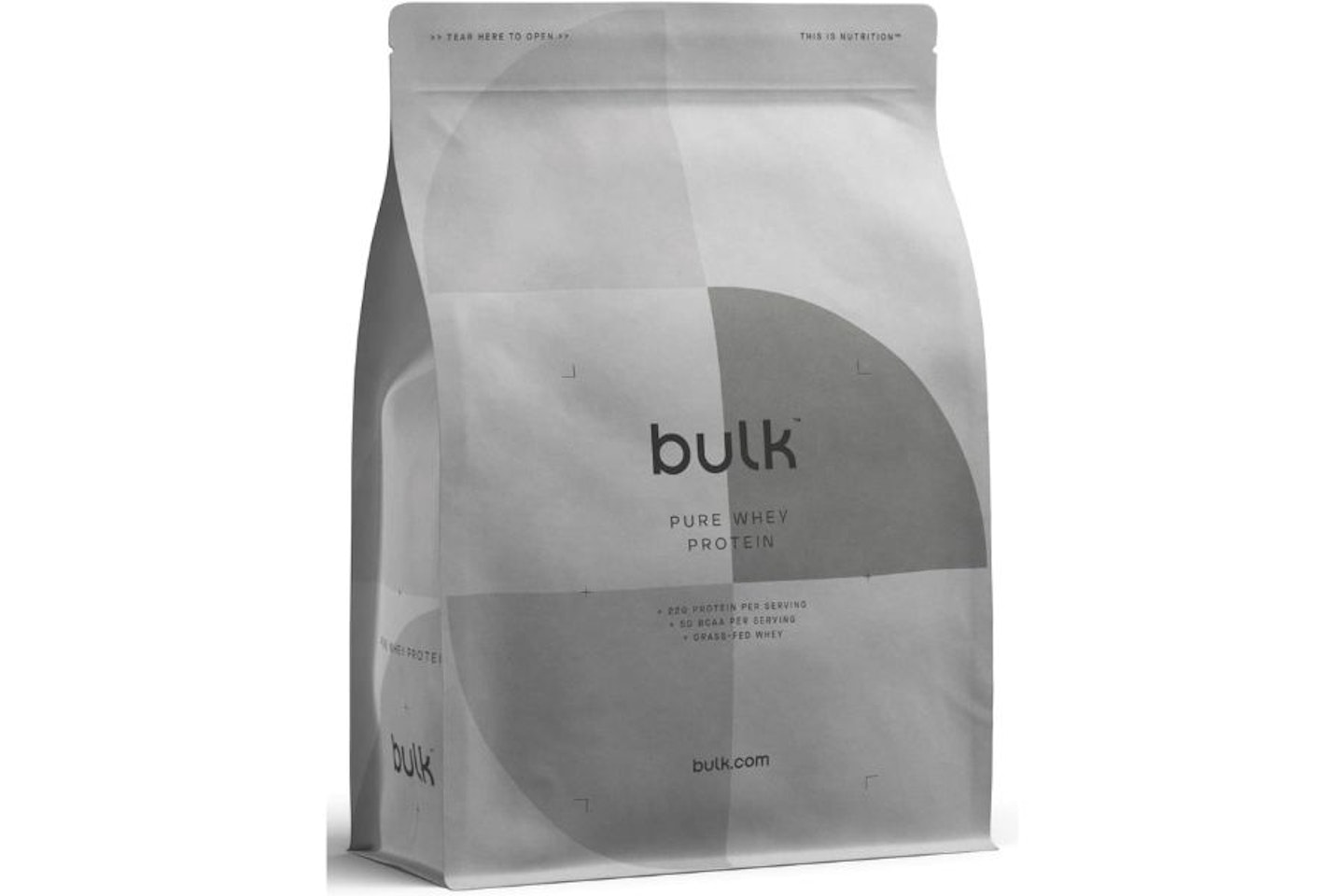
www.bulk.com
Description
Bulk's protein powder shake is a reliable and no-nonsense option to fitness enthusiasts wanting to bolster their current protein intake. Its product is a testament to simplicity and effectiveness and is proof that a protein power doesn't need to be complex.
Delivering a straightforward dose of high-quality whey protein, Bulk pride themselves on offering a pure, unadulterated protein source with minimal additives. Also providing 22g of protein per serving, it's low in sugar, rich in Glutamine and BCAA and promises lump-free mixing. This makes it a great option for those who would like to prioritise clean nutrition.
There's a large range of flavours to choose from as well as unflavoured, including some quirky ones like lemon meringue, peaches and cream and iced latte.
Pros
- 22g of protein per serving
- Won 'best protein powder' at the 2023 Men's Health Sports Nutrition Awards
- Available in almost 30 flavours
Cons
- Some found when mixed it still remained lumpy
Best protein powder for sustainability
Description
With 30g of vegan protein per serving, this pea, brown rice, hemp and whole algae protein could be the one to help you reach your fitness goals. It contains 5g BCAAs and 5g glutamine, digestive enzymes and probiotics. It also has added curcumin and black pepper extract, hailed for their anti-inflammatory properties. The flavour range isn't massive, but there are plenty of positive reviews when it comes to taste.
Aside from all its interesting elements that are going on inside the product, on the outside of the product, also has a lot going on as well. The packaging is completely compostable, 100% plastic-free, and the powder itself is plant-based. On top of this, Form offsets all emissions with SeaTrees, a non-profit who protects and restores coastal ecosystems to help fight climate change. So, for the sustainability-minded individuals, this could be a great choice of protein powder.
Pros
- A massive 30g of protein per serving
- Composable and 100% plastic-free packaging
- Curcumin and black pepper extract to boost immunity and is anti-inflammatory
Cons
- Other protein powders on the market may contain more servings as Form contains 30 servings
Best protein powder concentrate
Description
Protein World's complete protein contains all nine essential amino acids and over 30g of protein per serving. It is made up of soy-free and GMO-free sunflower lecithin instead of soy-based lecithin. You'll find all the classic flavours here; variants of vanilla, strawberry, chocolate and banana. Protein World's commitment to quality ensures that you get the full nutritional benefits of whey protein without all the unnecessary fillers.
Pros
- Contains all nine essential amino acids
- Clean protein concentrate: made from soy-free and GMO-free sunflower lecithin
- 30g of protein per serving
Cons
- Some found you needed more scoops to get a strong taste
Best pea protein powder
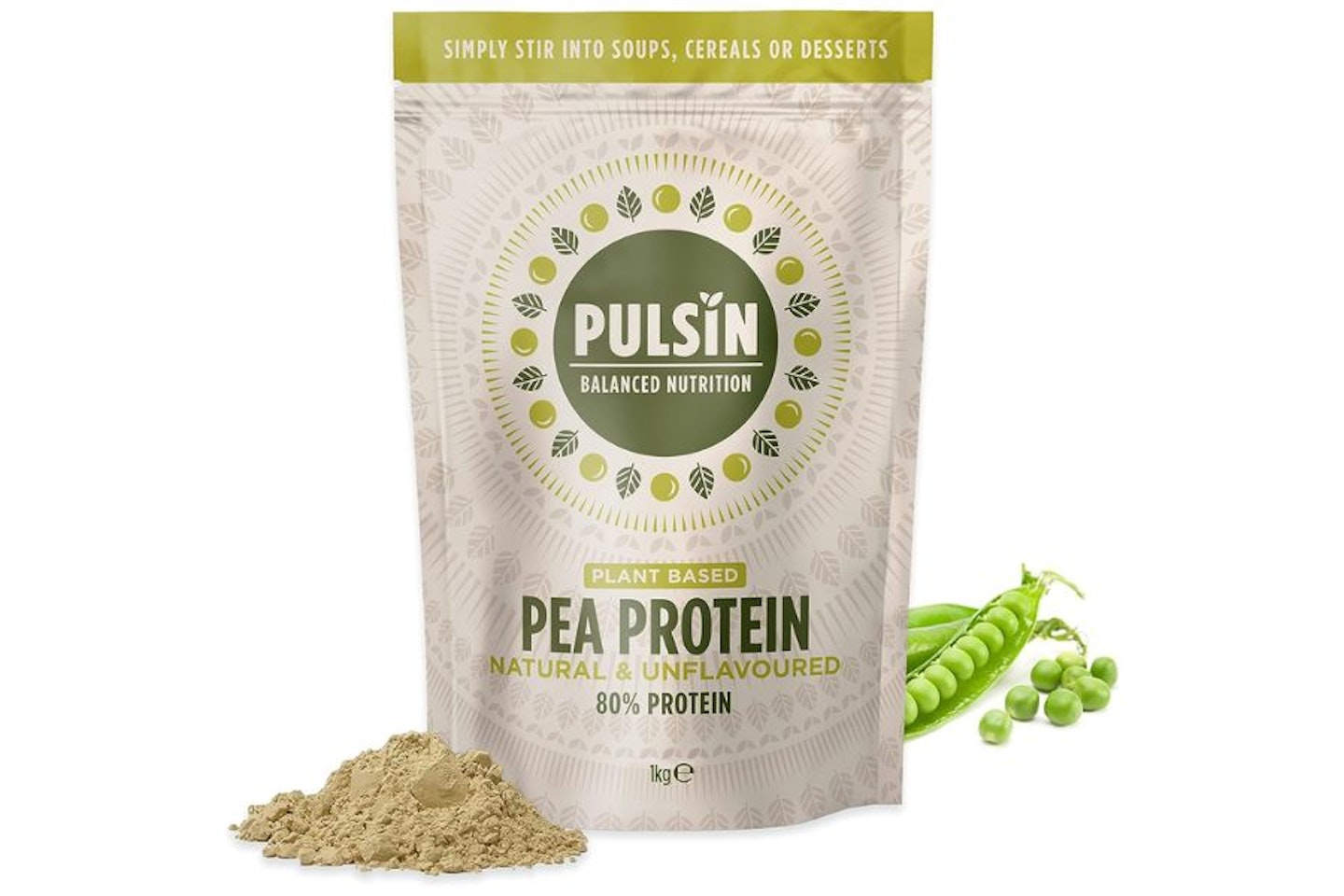
Description
Pea powder is versatile as it's more heat stable than some protein powders, so it's great for use in cooking. Sourced from yellow split peas, it provides a rich protein taste, making it an ideal choice for vegans, vegetarians, or anyone seeking an alternative to dairy-based proteins. At 80% protein, its pea protein powder also has no artificial additives and allergens, ensuring a clean and allergen-friendly protein source.
Its unflavoured and neutral taste makes it incredibly versatile for blending into smoothies, baking or incorporating into various recipes. Pulsin's pea protein powder is a testament to the growing demand for wholesome, plant-based nutrition.
Pros
- Neutral flavour makes it a versatile choice
- Heat stable
- Rich in iron and zinc
Cons
- Doesn't blend well with water, instead opt for juices
Best protein powder for smoothies
Description
Another one for the vegan list, this unflavoured protein is made from a blend of plant-based ingredients and has flax, chia, baobab, turmeric, cacao and cinnamon for added goodness. It's a complete protein source with all nine amino acids. What's remarkable about this brand is its transparency - as Naked discloses every ingredient and dosage, leaving no room for ambiguity. It's free from artificial sweeteners, flavours and additives, catering to individuals who are keen on clean and minimalistic nutrition.
Naked makes the statement that 'unflavoured' still has a flavour, which allows for versatility in your daily routine, blending seamlessly into shakes, smoothies or baking recipes.
Pros
- Versatile for adding to smoothies and baking
- Organic vegan protein blend with flax, chia, baobab, turmeric, cacao and cinnamon
- 57 servings per 1kg packet
Cons
- One reviewer said it was a little powdery
Best protein powder for baking
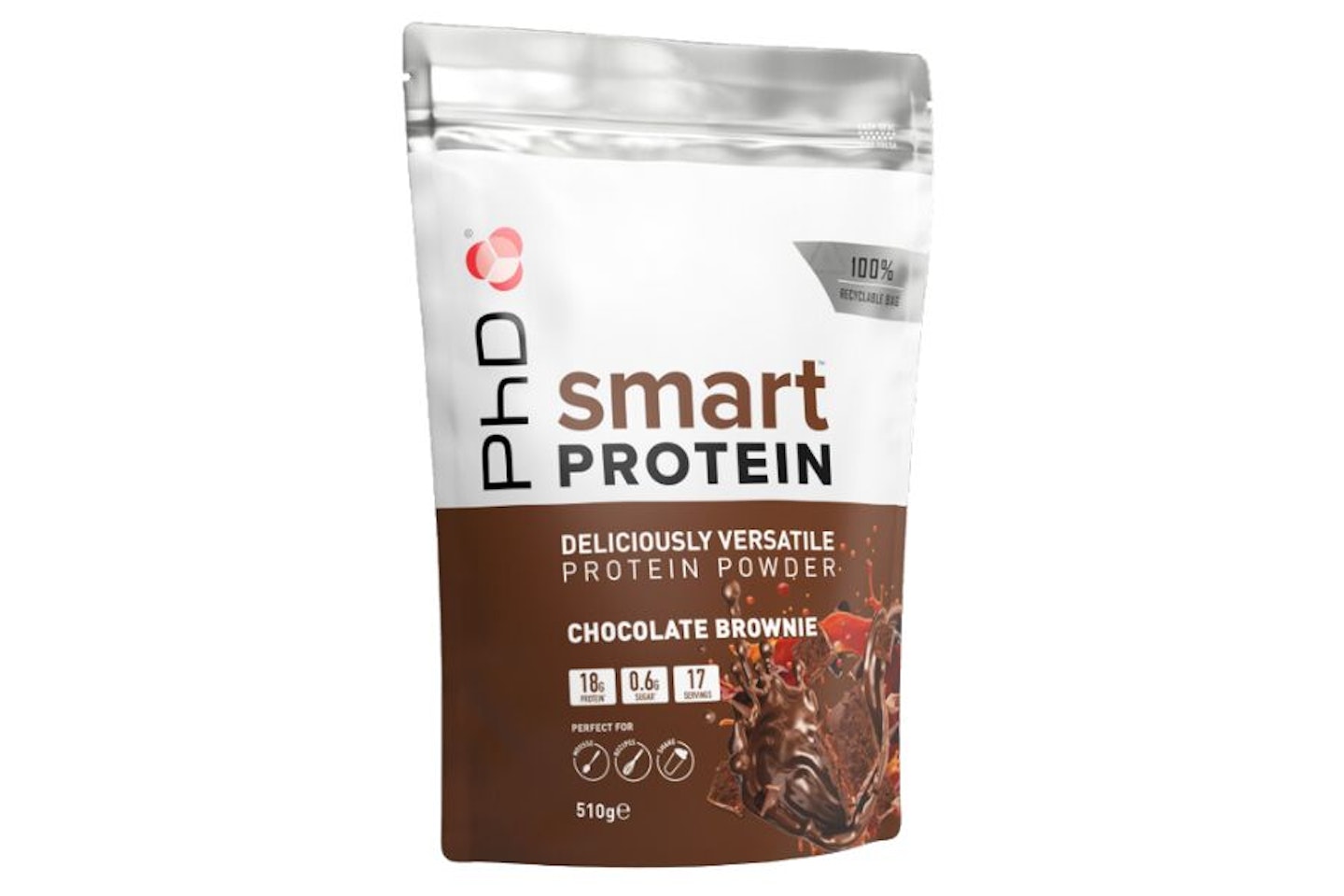
www.phd.com
Description
PHD Smart protein powder is a standout product in the realm of nutritional supplements for its ability to be put into baking, whether that be mousses, brownies or cakes. It all comes down to whether your sweet tooth decides to strike. The versatility of Smart protein allows you to enjoy it at any time of day. So if you want to enjoy a stack of protein pancakes for breakfast, high-protein cookies as a snack, or a rich chocolate mousse at dinner, PHD's protein becomes an essential ingredient in all your indulgent recipes.
Additionally, it contains 19g of protein per serving while maintaining an impressively low sugar content, typically less than one gram per 30g serving (note that it does vary by flavour).
Pros
- Great for baking, desserts and protein shakes
- Low in sugar, less than one gram per 30 serving
- Subscribe and save package available
Cons
- 19g of protein per serving, which is lower amount than others on our list
FAQs
What are protein powders?
As we learned in biology lessons, protein is a macronutrient which the body uses to fuel and repair itself. Protein is found in animal products like meat, fish, eggs and cheese, as well as nuts and legumes.
Protein powder is exactly what it says on the tin - concentrated powdered sources of protein. It can be mixed with water or milk to make a shake and can also be used in pancakes, cookies, porridge and more.
Generally used by people who lead an active life, it can be useful for increasing your daily protein intake to aid things like muscle gain, weight loss and overall performance.
What types of protein are there?
Whey protein
Easily the most popular protein type available and the one you've most likely heard of, whey protein is made from a by-product of cheese or milk production. It's what the industry calls a complete protein, meaning it has all nine essential amino acids the body needs.
One of the things that throws people off about whey protein is the various forms it comes in; concentrates, isolates and hydrolysates.
Whey protein concentrate is typically made up of mostly protein (60-80%), with the rest being fat and carbs. It's the most popular option for beginners as it's budget-friendly, absorbed fairly quickly and retains most of the beneficial nutrients of protein.
Whey protein isolate goes through an additional filtering process which removes more fat and carbs, making the protein more concentrated. It contains around 90–95% protein. If you're counting macros or are on a high protein/low fat/low carb diet, this might be better suited to you.
Whey protein hydrolysate is the final form of whey protein, created by heating the product further to break down the bonds between amino acids. It's generally the most expensive option but is quickly absorbed into the body and contains the most amount of protein per serving.
.png?auto=format&w=1440&q=80)
Casein protein
Whey is one of the types of protein found in cow's milk, the other is casein. Casein is a slow-digesting, complete protein which can make you feel fuller for longer. Many people use it as an overnight repair, taken just before bedtime. It's also useful for cooking as it's a thicker consistency.
Casein also comes in a couple of forms; micellar casein, which is digested slowly, and casein hydrolysate, which is quickly absorbed. It's generally thought of as a good protein for weight loss.
Soy protein
Made from soybean, this complete protein contains all nine essential amino acids. It's a good option for vegetarians and vegans. Soy is rich in nutrients and some research suggests that it's as effective as some animal sources of protein.
Hemp protein
Another plant-based complete protein, hemp protein, is derived from ground hemp seeds. It's easily digestible, high in fibre and rich in minerals and antioxidants, but it does have an earthy taste which can take some getting used to.
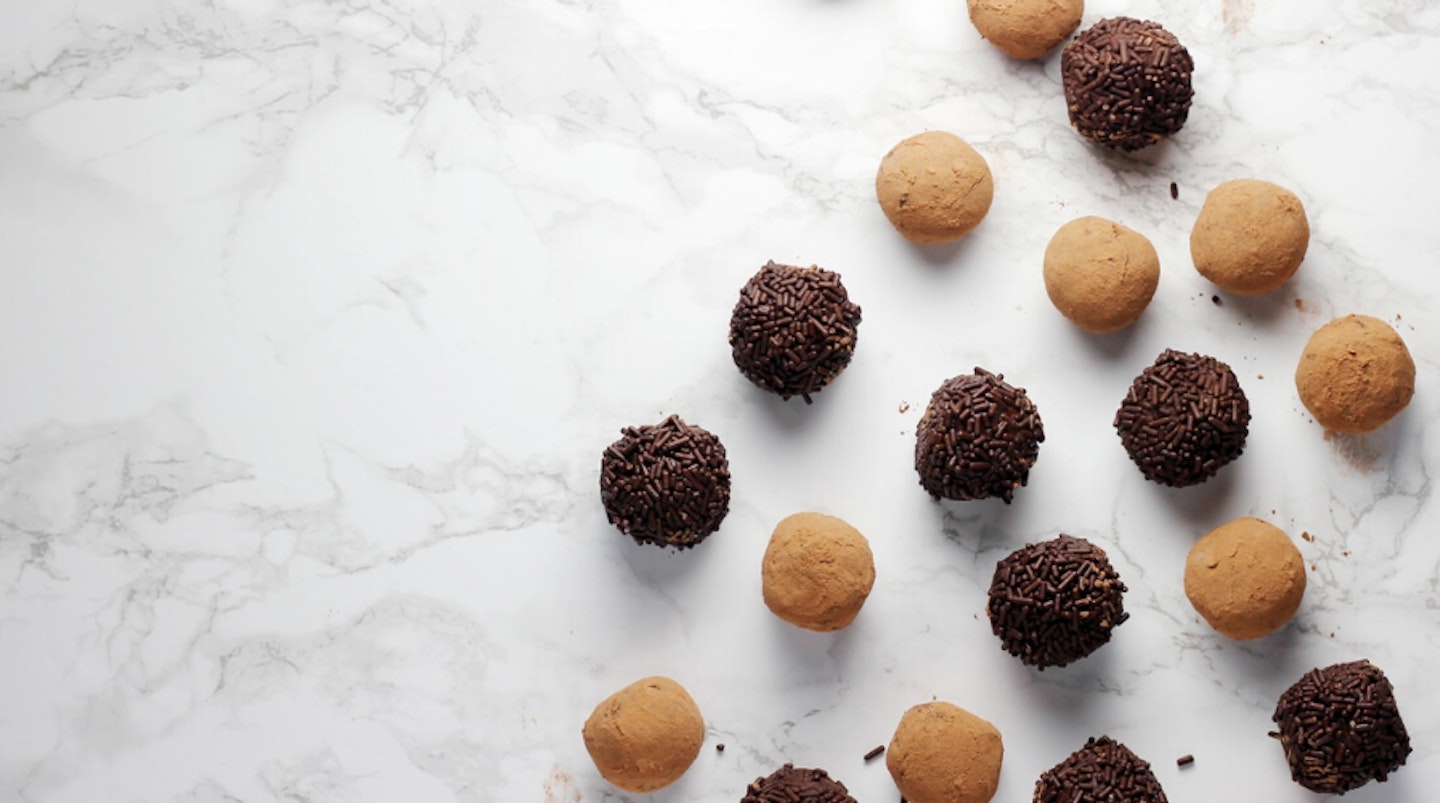
Rice protein
As rice protein is naturally dairy-free and gluten-free, it's great for those with dietary restrictions. Usually made from sprouted brown rice, it's a good source of B vitamins and fibre and is packed with antioxidants.
Brown Rice Protein contains all of the essential amino acids, and despite being seen as inferior to whey, it actually has the closest amino acid profile to mother’s milk out of all known protein sources, according to research. Unlike some dairy proteins, rice protein is less likely to make you feel bloated, but it is digested more slowly.
Pea protein
If you have allergies to soy or whey, pea protein is a good all-rounder. Formed from yellow split peas, which are high in protein, this option is also high in fibre and iron, plus it's easy to digest. It's a complete protein and is absorbed at a medium-fast rate.
Some people like to incorporate a couple of protein powder sources into their routine, so may use peas along with whey or soy to ensure they cover all the bases.
Egg protein
When many of us think of protein, eggs always come to mind. Derived from dehydrated egg whites, egg protein powder is a complete protein which can be a good option for those with sensitivities or an intolerance to milk products. It's digested more slowly than whey but more quickly than casein.
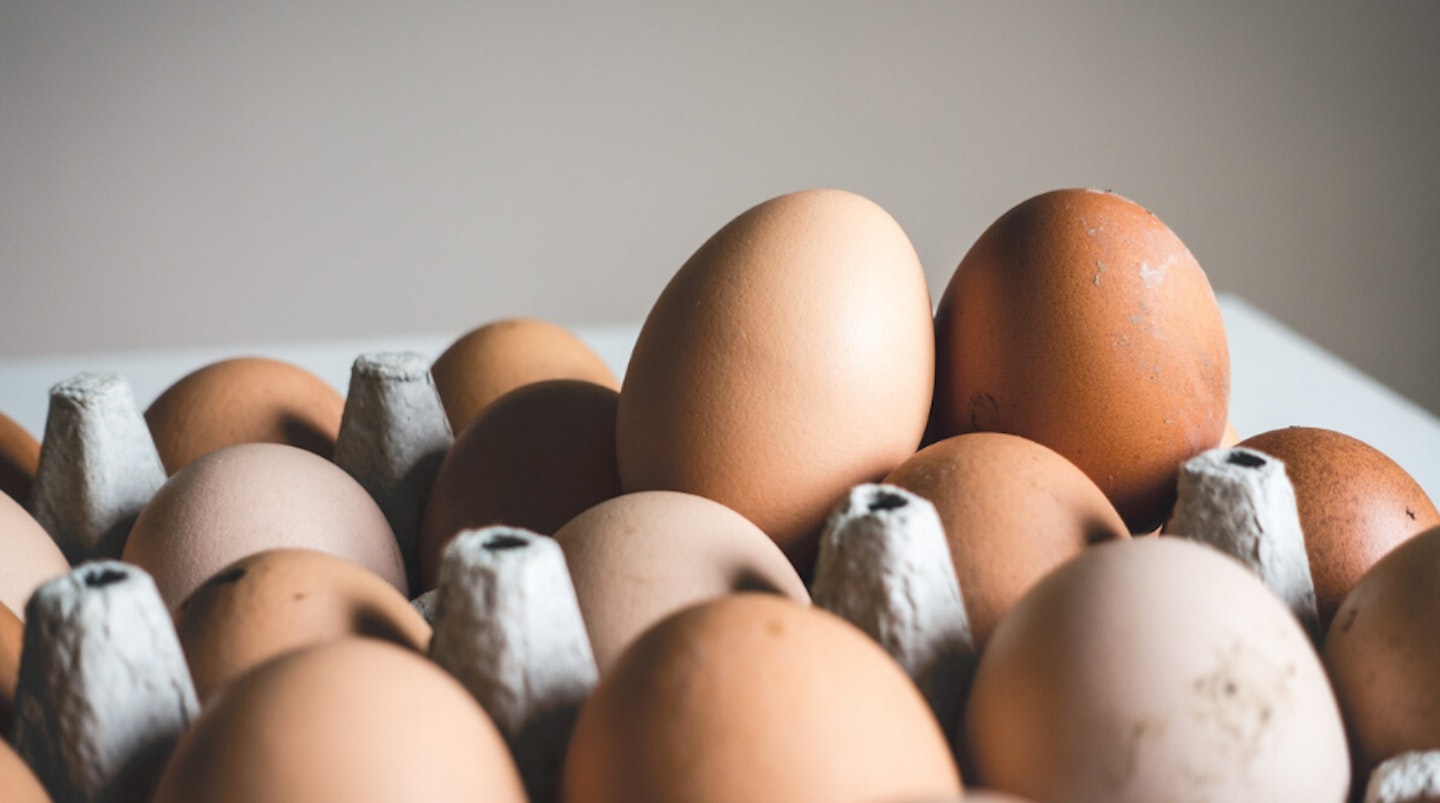
Bone broth protein
Bone broth protein is, you guessed it, made from cooking bones, ligaments and tendons (usually chicken or beef) in water. It's full of nutrients which are said to boost your immune system, improve skin, digestion and joint health. Bone broth protein is dairy-free, soy-free, gluten-free and paleo-friendly, so it would suit a range of people. It doesn't contain all the essential amino acids, but it does have a rich amino acid profile.
How does protein powder work?
Protein powder is a dietary supplement that provides a concentrated source of protein from various sources, such as whey, soy, peas or other plant-based sources. In short, it works by supplying your body with a digestible source of protein that can be used to support a variety of physiological processes.
One of the primary functions of protein is to help with the growth and repair of muscle tissues. Taking part in activities like resistance training will require your body to repair and rebuild muscle fibres, especially if they have been damaged during a workout. So, the addition of protein powder into your diet will help provide the necessary amino acids, which are often referred to as the 'building blocks' of muscle.
Another function is post-workout recovery. Protein powder is often consumed after a workout to kickstart the muscle recovery process. The quick absorption of protein helps replenish those amino acids we keep talking about and repair any muscle injuries which may have occurred during exercise.
One further role of protein is to use it for dietary supplementation. For people with specific dietary preferences or allergies, like vegetarians and vegans, protein powders are a great way to obtain more protein into their diets as they may not get enough from just a plant-based diet alone.
Do I need protein powder in my diet?
It's key to acknowledge that protein powder is a supplement and not a substitute for whole foods or meals. Protein powder is not a supplement for the essential nutrients food contains, like vitamins, minerals, fibre and antioxidants. So, in short, nobody has to incorporate protein powder into their diet. Saying that there are some things you should consider if you think that protein powder is necessary in your diet, like whether you're a vegetarian or vegan, or a professional athlete, or if you require it for convenience.
Jade Moscrop is the Deputy Commercial Content Editor for WhatsTheBest, specialising in lifestyle topics. She also writes for Closer, Heat, and Mother&Baby.
Subscribe to the What’s The Best Newsletter to keep up to date with more of the latest reviews and recommendations from the rest of the What’s The Best team.
